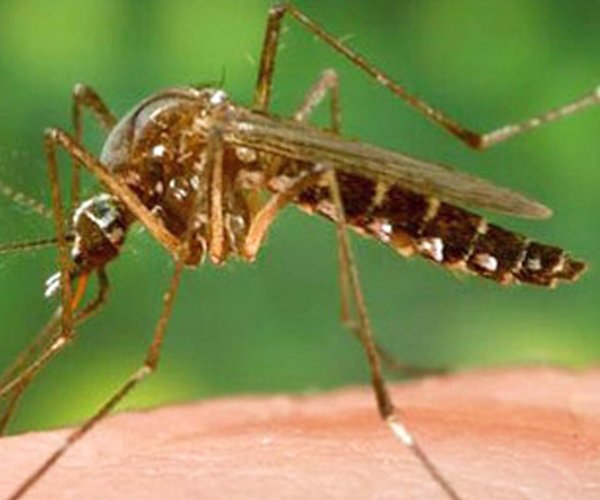A dry California equals a big problem.
On Tuesday morning, the California State Board of Food and Agriculture and the California Water Commission held a collaborative meeting in Sacramento concerning the state's diminishing water supply and its implications on the state’s farming industry.
According to CFDA secretary Karen Ross, California's water issues are becoming an ever increasing problem for the state’s massive agricultural industry.
“California's current water situation spells uncertainty for agricultural interests throughout this state,” said Ross. “We need to work proactively with farmers and ranchers to address groundwater overdraft and water transfers – providing a level of reliability over the next few years.”
The threat of water loss is especially evident in the San Joaquin Valley, an area largely responsible for most of the state's $40 billion dollar agricultural production.
A recent U.S. Geological Survey has found that groundwater in much of the San Joaquin Valley and other parts of California is being pulled out faster than the rate it’s being replenished.
This means farmers are digging deeper wells in order to access groundwater for their orchards.
Water that at one point, was cheap and plentiful.
Currently, nine of the state’s major reservoirs have fallen below their average levels, and six of them are below 50 percent of capacity.
Earlier this summer, Gov. Jerry Brown issued an executive order to hasten water transfers to respond to the dry conditions that were posing a risk to the state’s farms. Although the allocations came sooner, they still weren't enough according to California farmers, with estimates that farmers were only receiving 20 percent water allocation from the federal Central Valley Project.
California State Board of Food and Agriculture President Craig McNamara stated that he hopes federal and state officials will show a bit more leniency when it comes to water allocation.
“With the strong potential for drought conditions next year, flexibility within the statewide water system is needed” said McNamara.
Last week, the Department of Water Resources. issued a warning to the state’s resident’s stating that California is now suffering from “extreme drought” and is expected to enter its third consecutive dry winter.
In light of these concerns, growers are preparing for another dry year, but the options are running out.
Mike Wade, spokesperson for California Farm Water Coalition was one of the speakers at Tuesday’s meeting and stated that another dry year would not equate to good news.
“A dry winter later this year could spell disaster,” said Wade.





